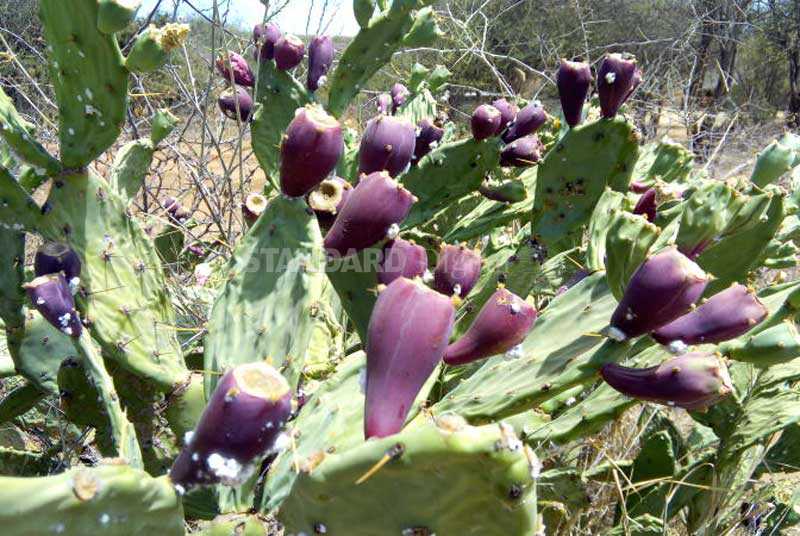×
The Standard e-Paper
Stay Informed, Even Offline

For many years, pastoralists in Laikipia North have been affected by Opuntia Stricta, an invasive type of cactus that has blanketed their land and killed many of their animals.
The cactus, also known as the prickly pear, has destroyed the environment, brought diseases to livestock, displaced people and worsened the economy of the pastoralist community.